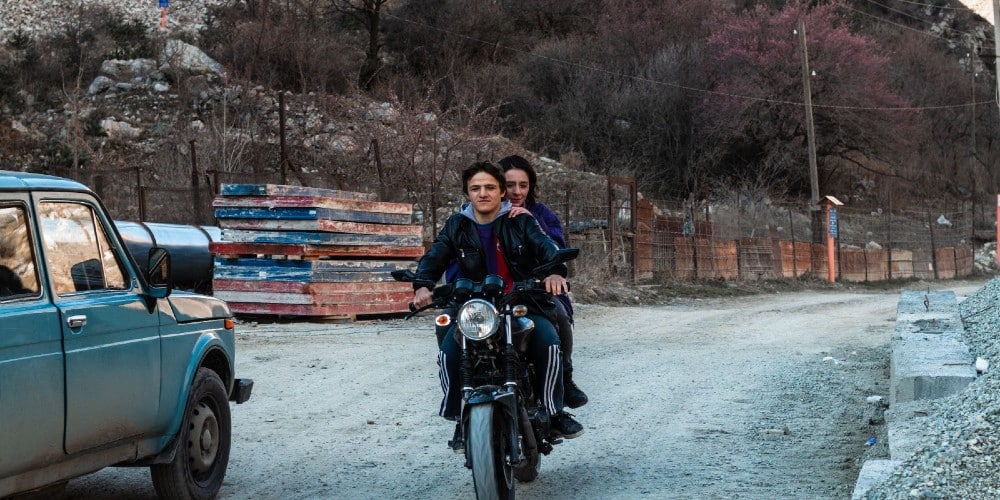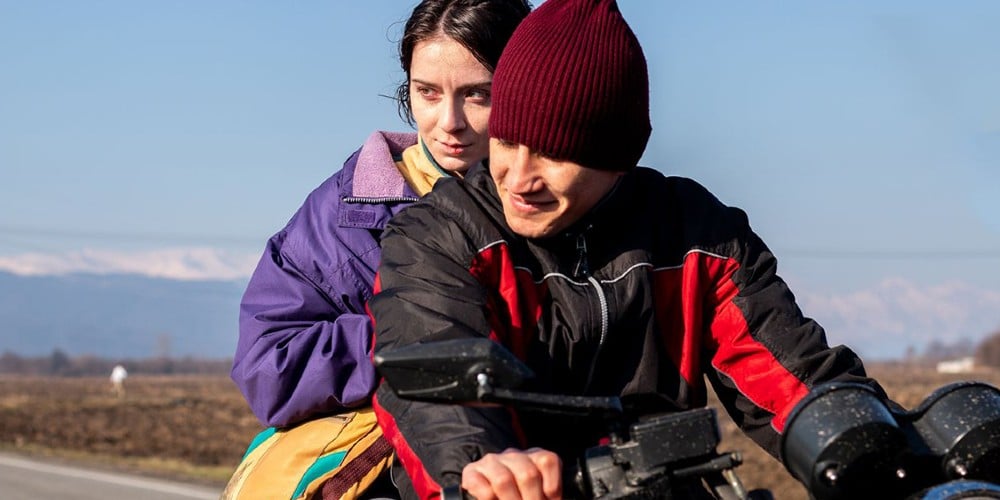Read also:
How to Watch FX Live Without CableHow To Watch AMC Without CableHow to Watch ABC Without CableHow to Watch Paramount Network Without CableThe Cannes Un Certain Regard winner is quite heavy, but strong performances and careful craft keep it from turning into a wallow in misery.
Kira Kovalenko‘s Unclenching the Fists, which won the Un Certain Regard prize at this year’s Cannes Film Festival, is a troubling, frustrating film to sit through. Like many movies that draw their emotional power from their central character’s suffering—Robert Bresson’s Mouchette being the best example and Lars von Trier’s Dancer in the Dark the worst—Kovalenko’s film operates from a point of seeming inescapability from its bleak parameters.
Protagonist Ada (Milana Aguzarova) is portrayed as a feeble, helpless figure and its tension is drawn from her painfully awkward attempts at communication and a suffocating existence she always seems just a little too weak to break out from. With that said, unlike Dancer in the Dark, Unclenching the Fists does not hold its audience hostage or insult their emotional investment in its characters.

Taking place in the bleak outskirts of Northern Ossetia, a minor republic within the Russian Federation with a diverse Slavic, Turk, and Persian cultural heritage, Unclenching the Fists follows an idiosyncratic family whose relationships are wrapped together and warped by emotional manipulation. Ada is a young woman who hopes to escape the clutches of her stifling, demanding father Alik (Alik Karaev). When her older brother Akim (Soslan Khugaev) comes home for a visit, she witnesses his independence and openly retaliatory attitude towards Alik. Having witnessed this, her desire to escape increases exponentially.
Ada’s sheepish nature is frustrating to watch. Her existence in Ossetia is one of near-complete repression. She doesn’t have access to the keys to her own house. Her father has hidden her passport. Her younger brother (Khetag Bibilov) is disquietingly clingy. Aguzarova delivers a stirring performance, shaping Ada into a young woman who has been subjugated by her traumatic past, the specific details of which are only hinted at by a series of massive scars on her stomach. Her frustrations with her own sheltered and infantilized life become palpable when she pulls her pants down to reveal the adult diaper she wears to her brother, telling him in near-tears “look how I still wet myself like a little baby”.
While Unclenching the Fists‘characters suffer, they are not exploited for the audience’s tears.
Kovalenko keeps the camera close to her characters, constantly watching for their reactions to each other. The familial dynamic at the core of Unclenching the Fists is one marked by a constant state of unease and doubt. Each character strains to decipher the truth behind the others’ thoughts and feelings before they ever speak. When they do, it can become devastating—and cathartic. When Ada finds her tongue and lashes out at her father in a moment of self-determination, even over her brother’s protests, it’s a memorable, powerful moment of release.

While Unclenching the Fists‘characters suffer, they are not exploited for the audience’s tears. Kovalenko has a sympathetic, humanistic relationship with the characters she’s depicting. Likewise, she respects the emotional intelligence of the audience. The bleakness doesn’t reduce itself to an unrelenting drudgery of violence and pain. There are still moments of happiness and humanity found in the pockets of Ada’s and her family’s world, even if it’s a world she is trying to escape. It’s genuine. It’s human. And that humanity is vital to the picture’s success.
Unclenching the Fists will arrive on Mubi later this year.